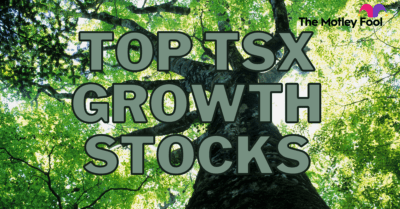It’s no secret that debt accounts for a substantial portion of our economy. From the young student trying to pay for university to the federal government trying to fund massive infrastructure projects, everyone borrows money to fund critical expenses.
Not all debt is the same, however. Households are offered subsidized rates to fund residential property purchases while the federal government can simply print more money to inflate away their debt. Different types of debt effectively have unique risk-profiles. Perhaps the riskiest is corporate debt.
Corporations usually pay a higher rate of interest on their borrowings than the federal government. Meanwhile, they lack the government’s ability to print more cash out of thin air, which makes corporate debt particularly risky. Unfortunately, this risky form of debt has ballooned in recent years as Canadian boardrooms collectively indulged in an unprecedented borrowing binge.
Corporate debt is now 117.2% of the nation’s annual gross domestic product (GDP), the highest in Canada’s history and the 11th highest in the world currently. To put that ratio into context, the U.S. corporate-debt-to-GDP ratio was a mere 75% before the 2008 financial crisis.
In other words, Canadian corporations have put themselves at risk by borrowing far beyond their means. While this isn’t a problem when the economy is booming and profits are climbing, it can quickly become an issue when the business cycle turns and profits decline.
Several companies are now so over-leveraged that a sudden recession, stock market crash or slowdown in global trade could squeeze their profits and jeopardize debt repayments. If the squeeze continues long enough, the company could be plunged into bankruptcy, making the stock effectively worthless.
If you hold any of these over-leveraged stocks in your portfolio, your personal wealth could be at risk if the business cycle turns or interest rates spike.
Is your portfolio safe?
Figuring out the debt burden of your holdings could help you mitigate the impact of an impending debt crisis. Companies with debt that far exceeds the value of their equity or with interest payment costs that are barely covered by annual earnings are particularly vulnerable and must be culled from your portfolio.
Maxar Technologies, Advanz Pharma and Just Energy Group are all currently dealing with unsustainable levels of debt. Meanwhile, blue-chip companies such as Telus and Corus Entertainment are also starting to look risky. Telus, for example, has a debt-to-equity ratio of 1.49.
Reducing exposure to these highly indebted companies and focusing on low debt stocks is a great way to reduce your portfolio’s overall risk profile.
Warren Buffett famously avoids companies with too much debt. His stocks average a debt-to-equity ratio under 0.5, which should serve as a convenient benchmark for the average investor as well.
Foolish takeaway
With interest rates at historic lows, it makes sense that corporations have borrowed extensively to fund their expansions and acquisitions in recent years.
However, each additional dollar of debt adds more risk to the company’s business model. An inability to pay back debt is the leading cause of failure for most corporations.
Investors should be aware of the issue and try to seek out firms with healthier balance sheets and lower risks.










